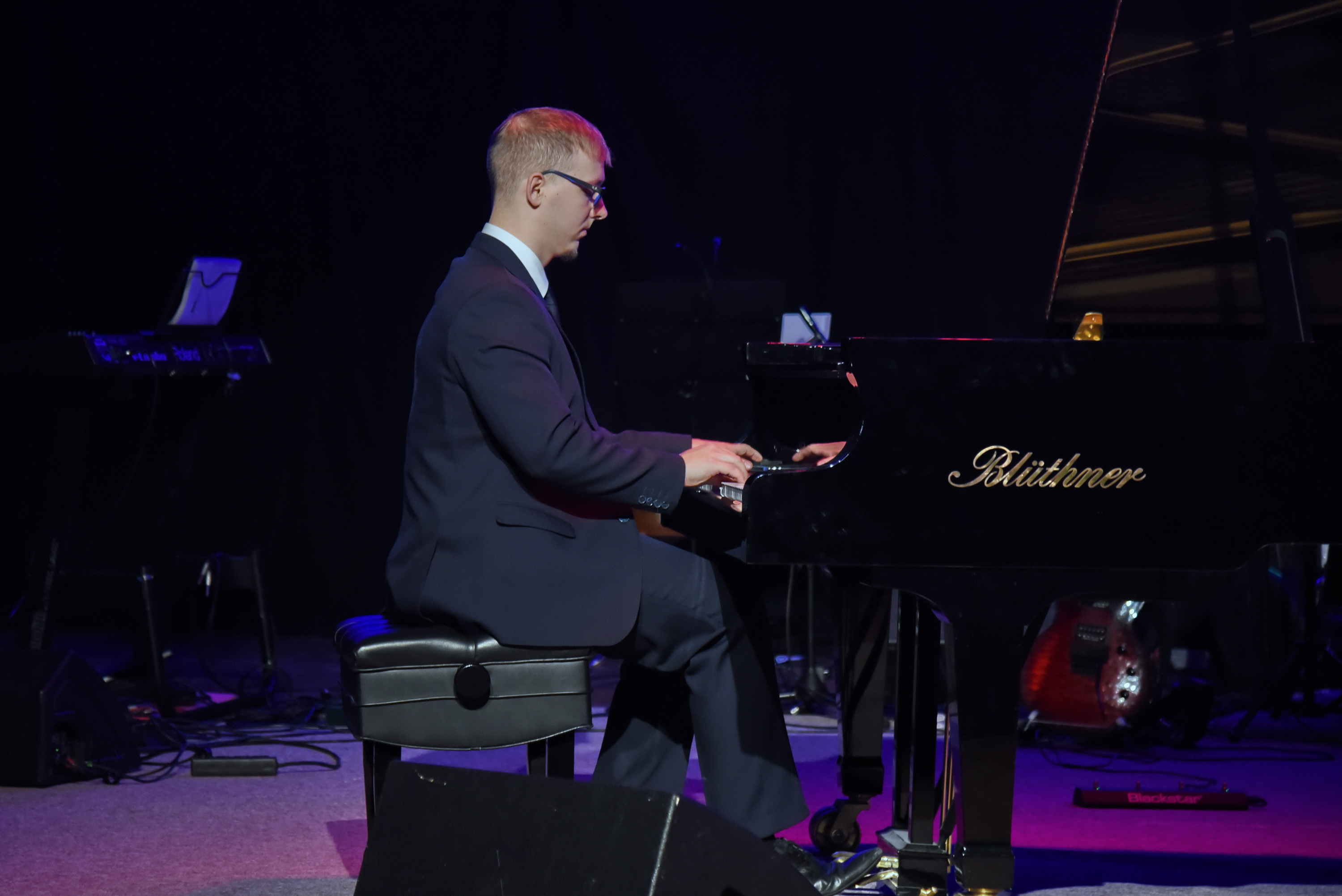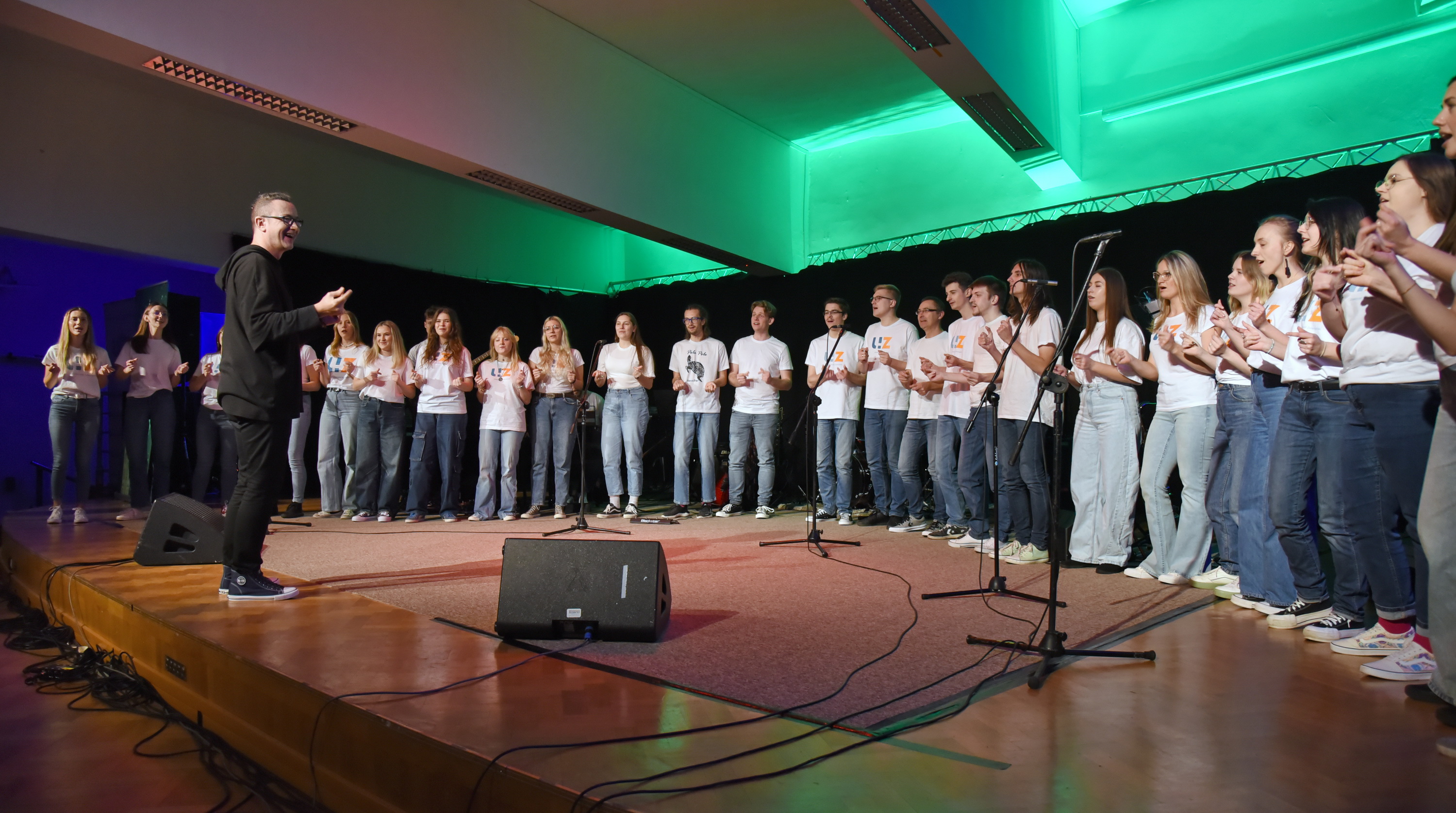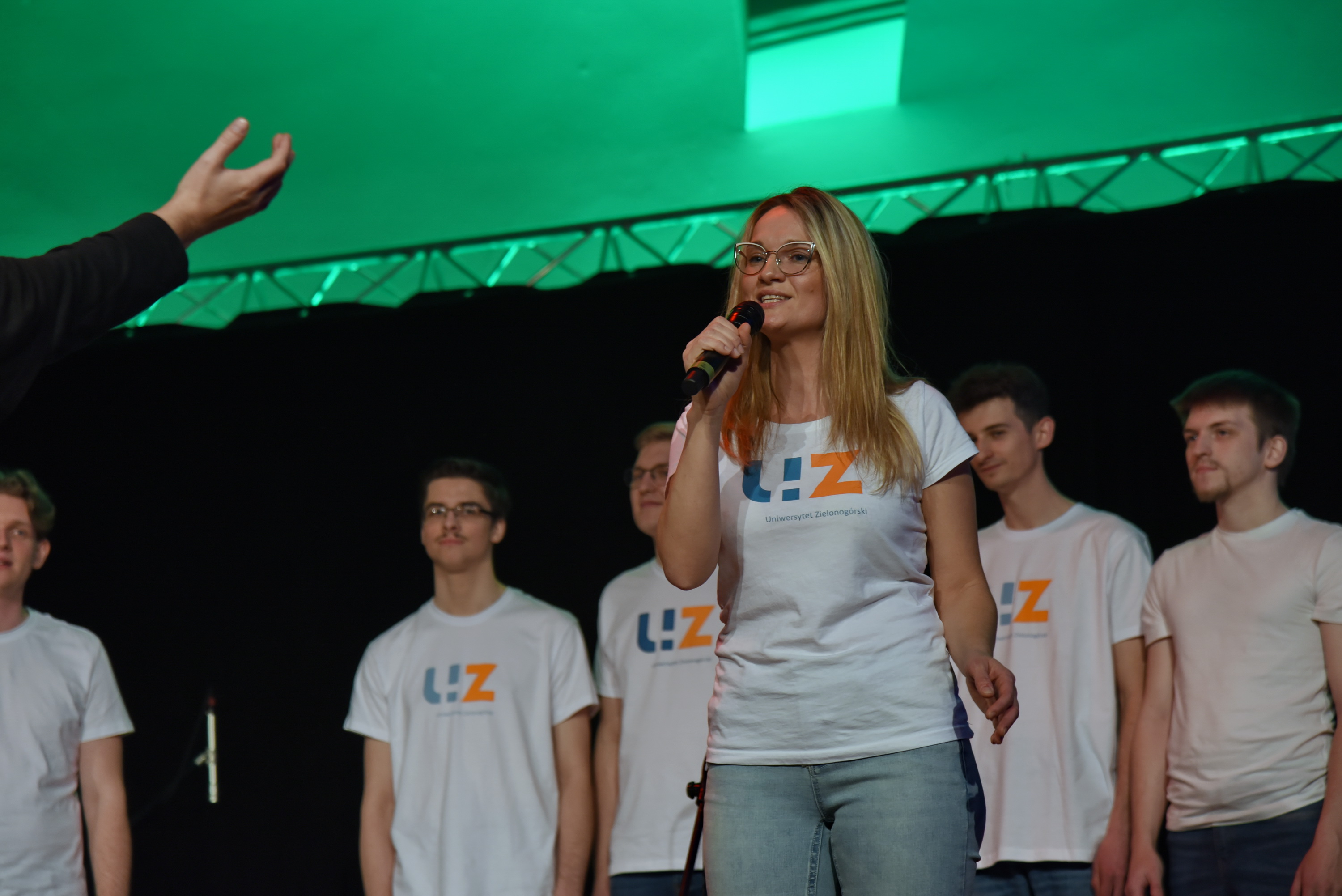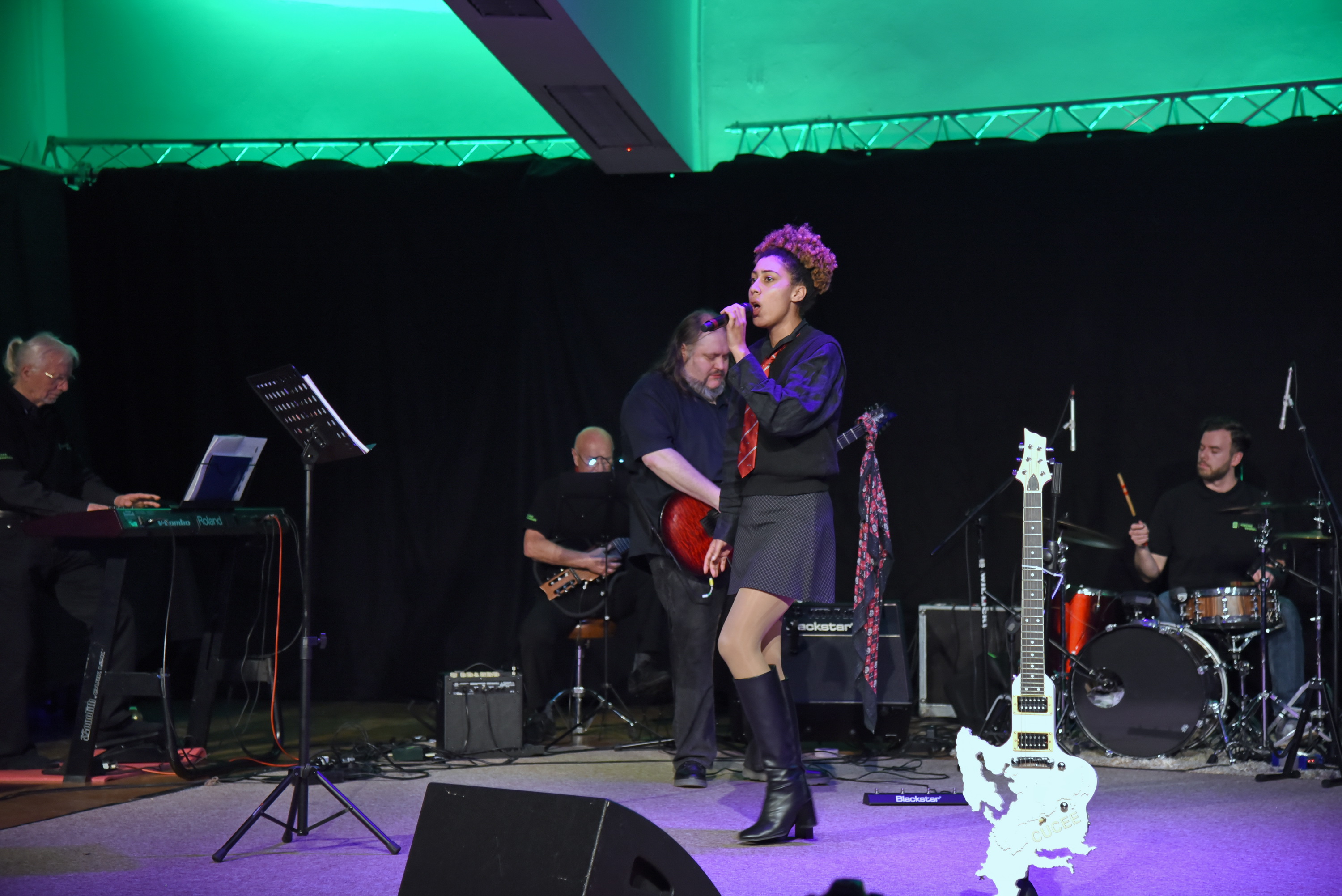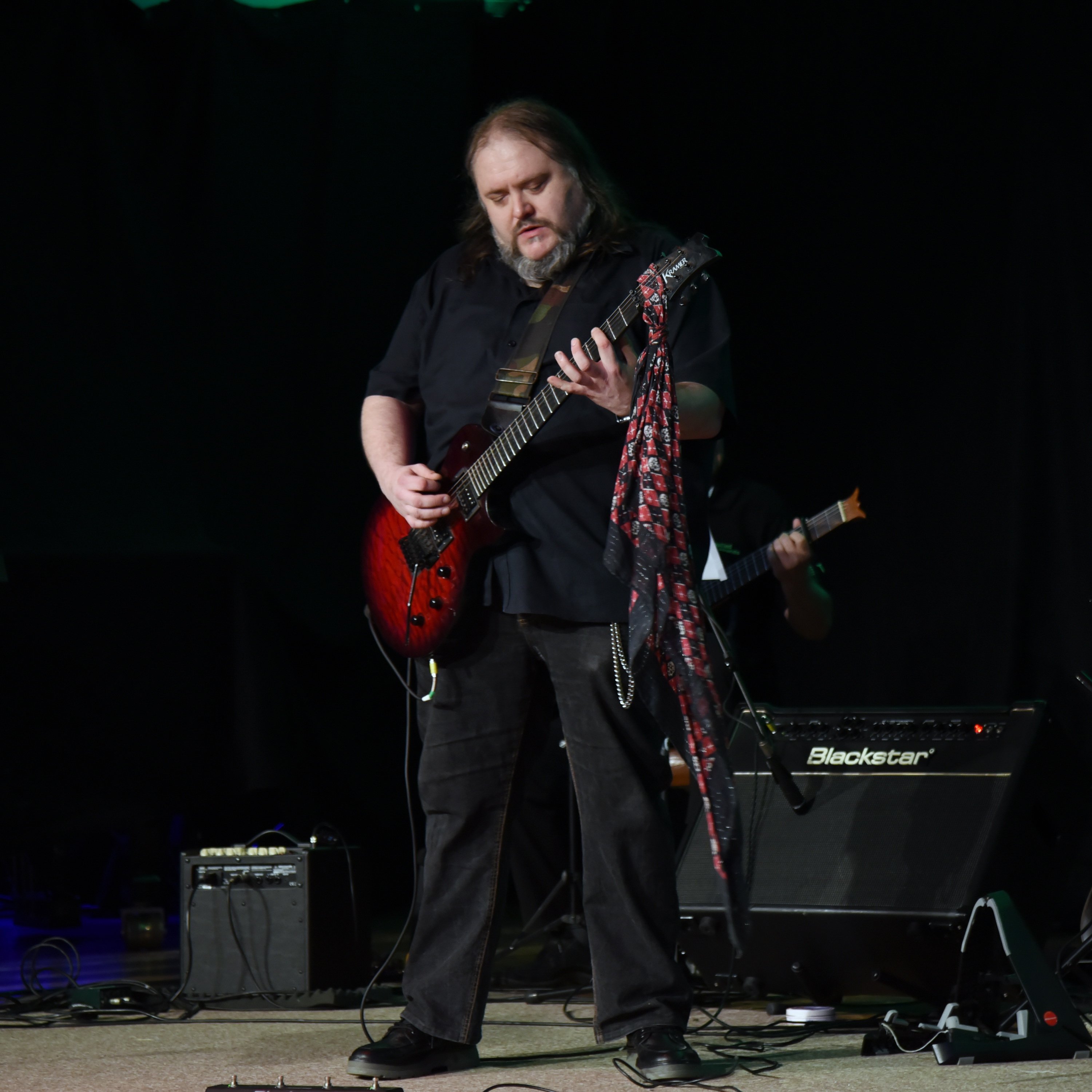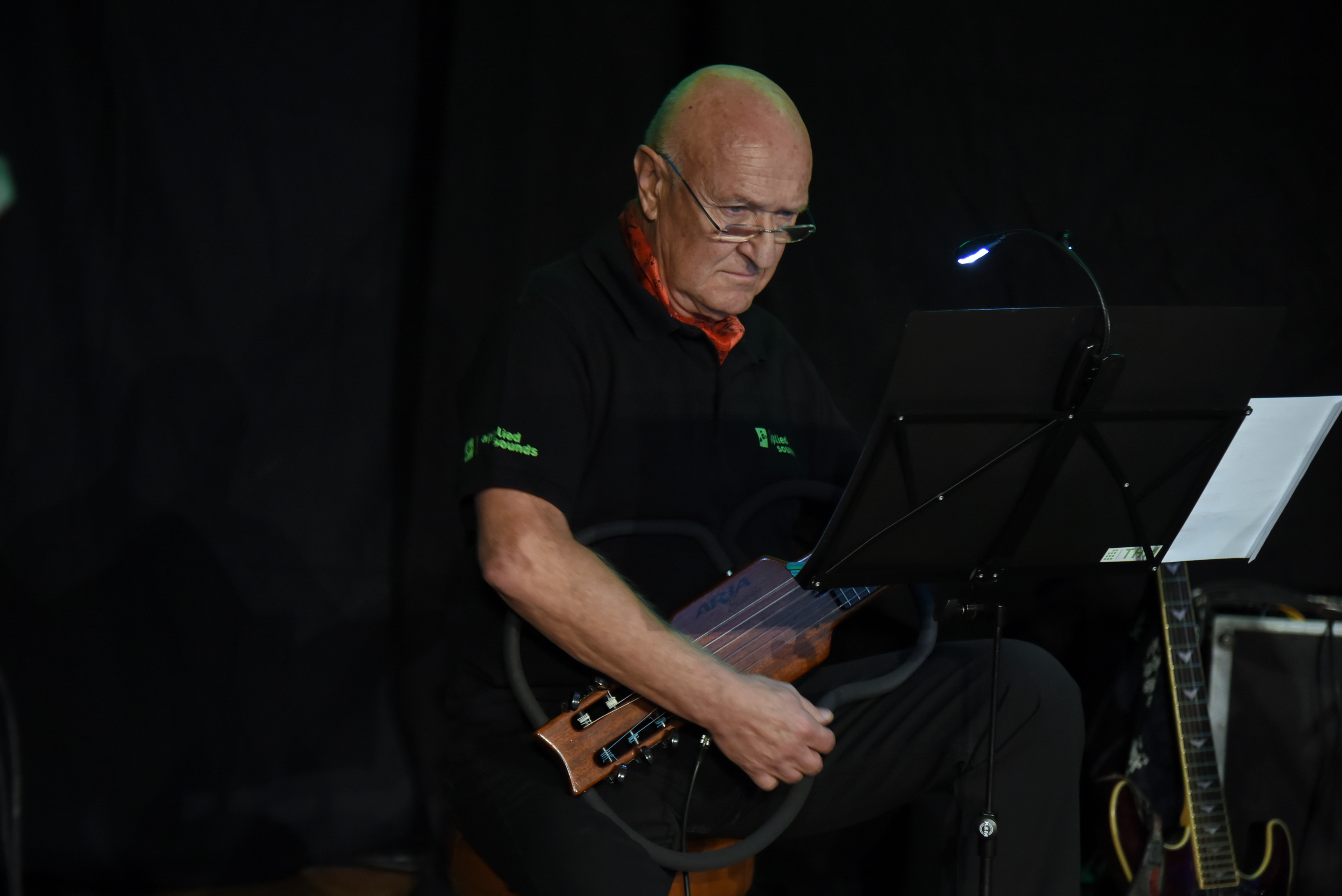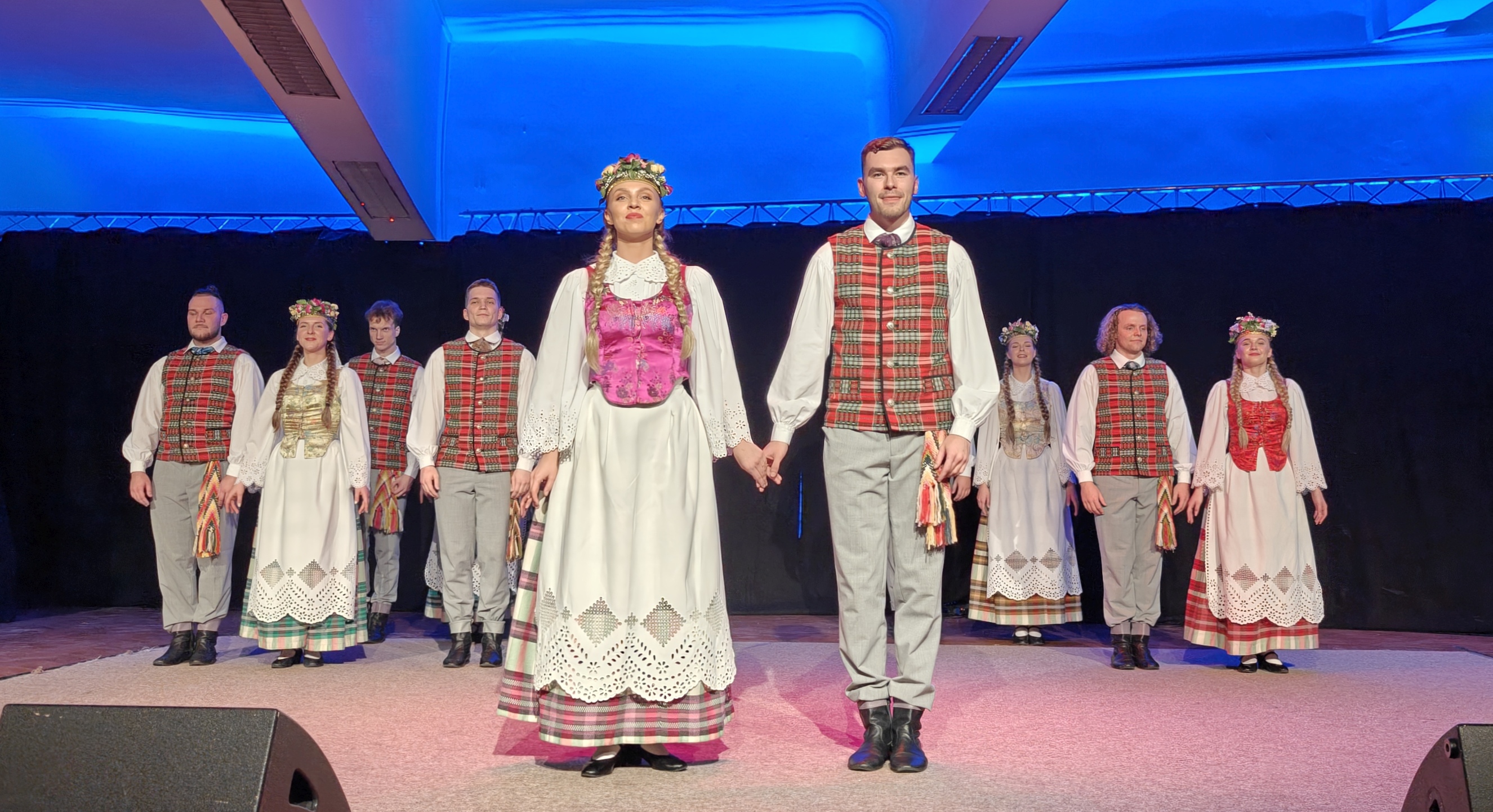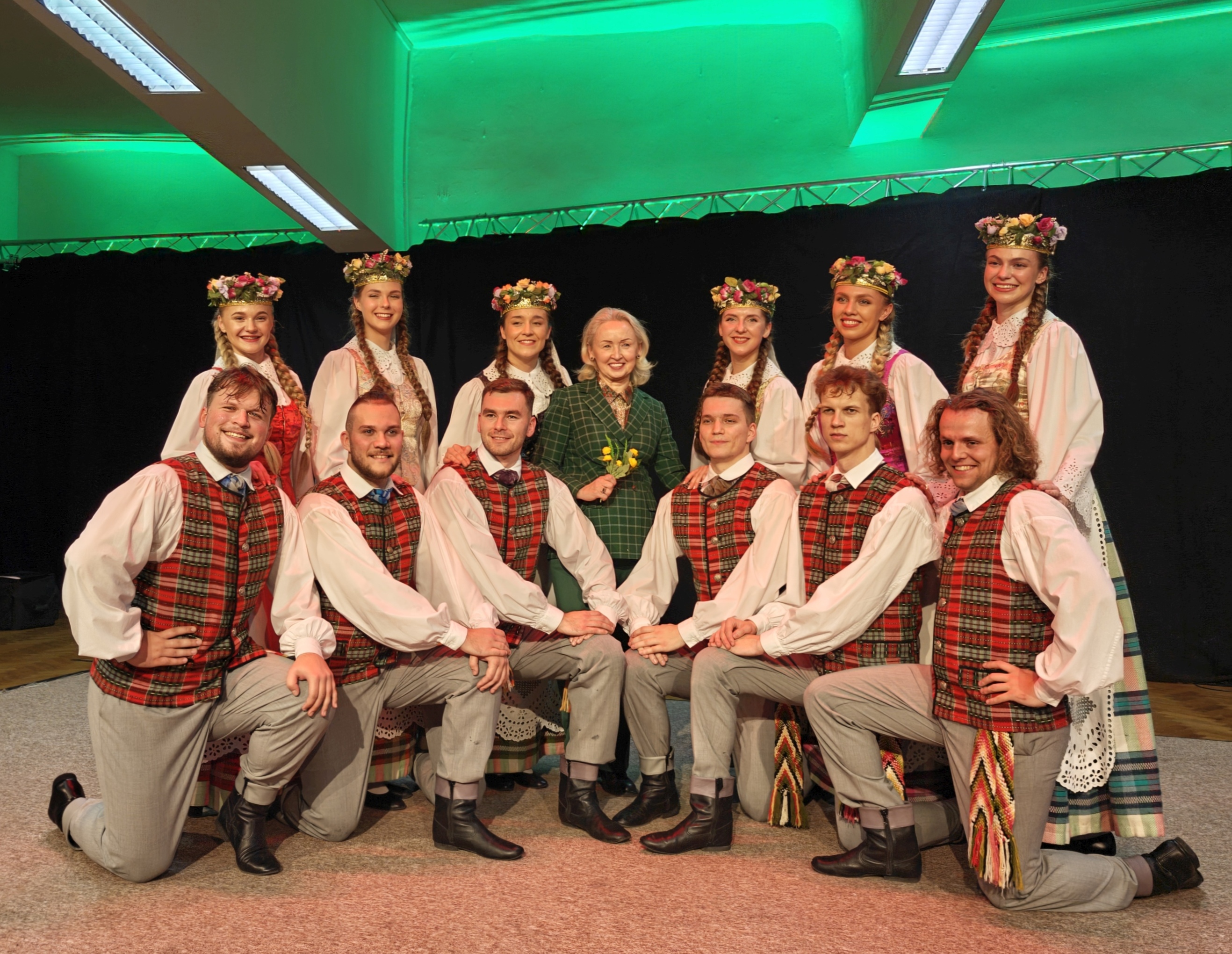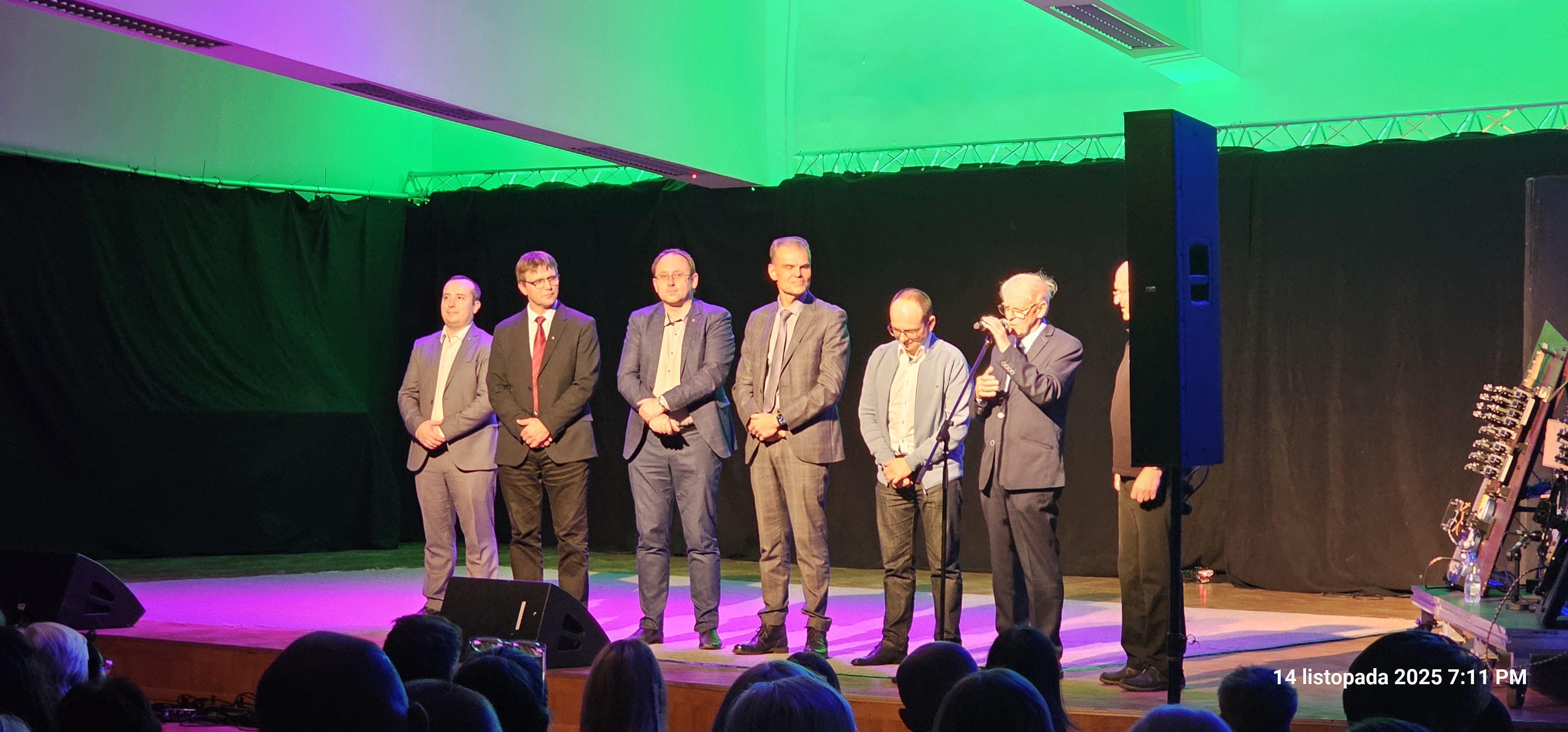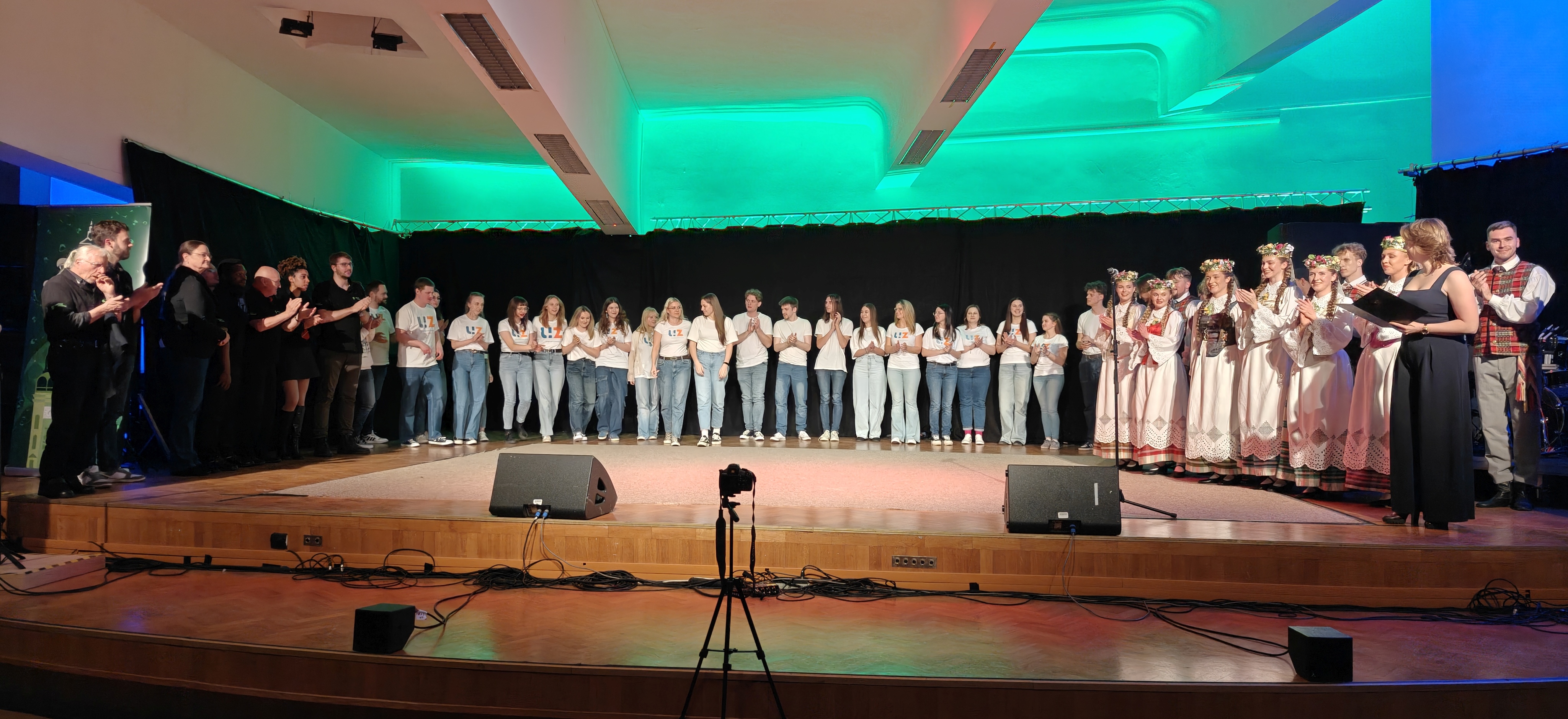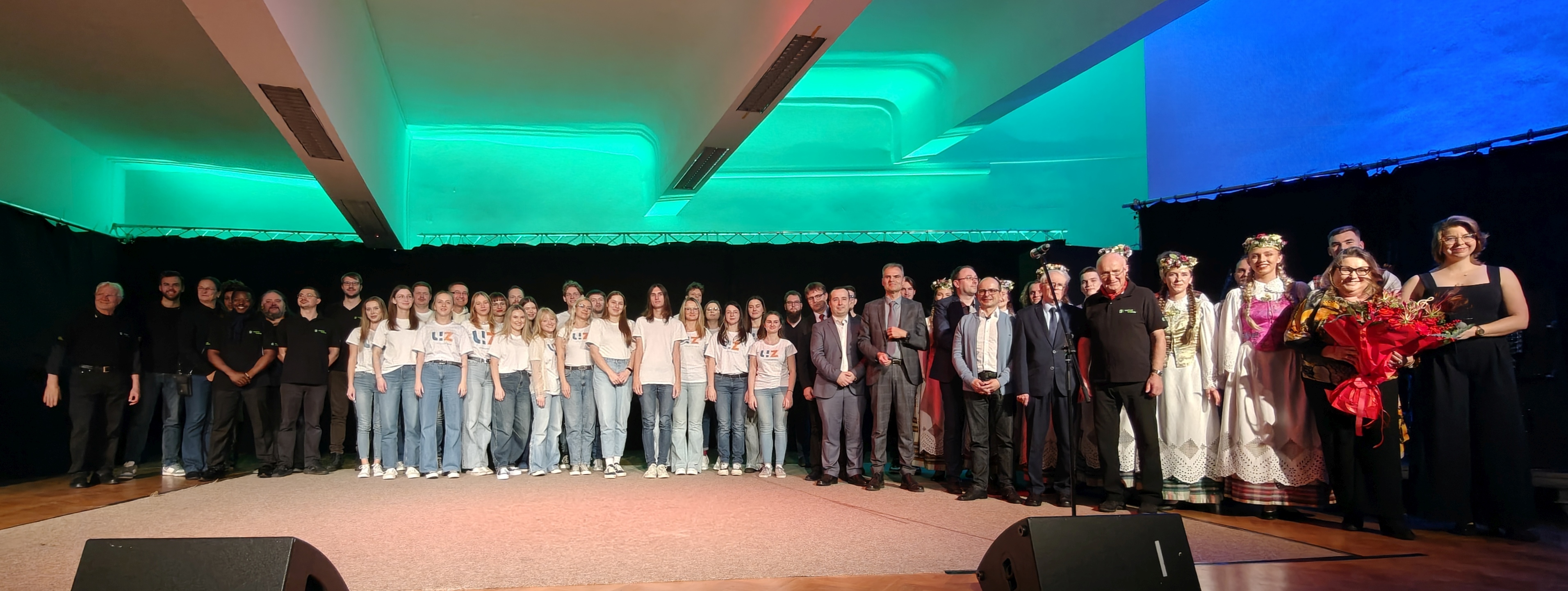Change font size
Contrast versions
Blended Intensive Program in IoT
Blended Intensive Program in Sustainable & Eco-friendly Communities: A Blueprint for the Future.
Study visit of Dr. Piotr Powroźnik from the University of Zielona Góra in THM.
25th anniversary of the CUCEE network
On April 1 and 2, this year’s CUCEE Spring Meeting took place at Technische Hochschule Mittelhessen, Friedberg Campus. For the first time, colleagues from Pilsen were welcomed, while participation of our partners from Belarus unfortunately remained impossible. The meeting was held in a hybrid format, as not all participants were able to attend in person.
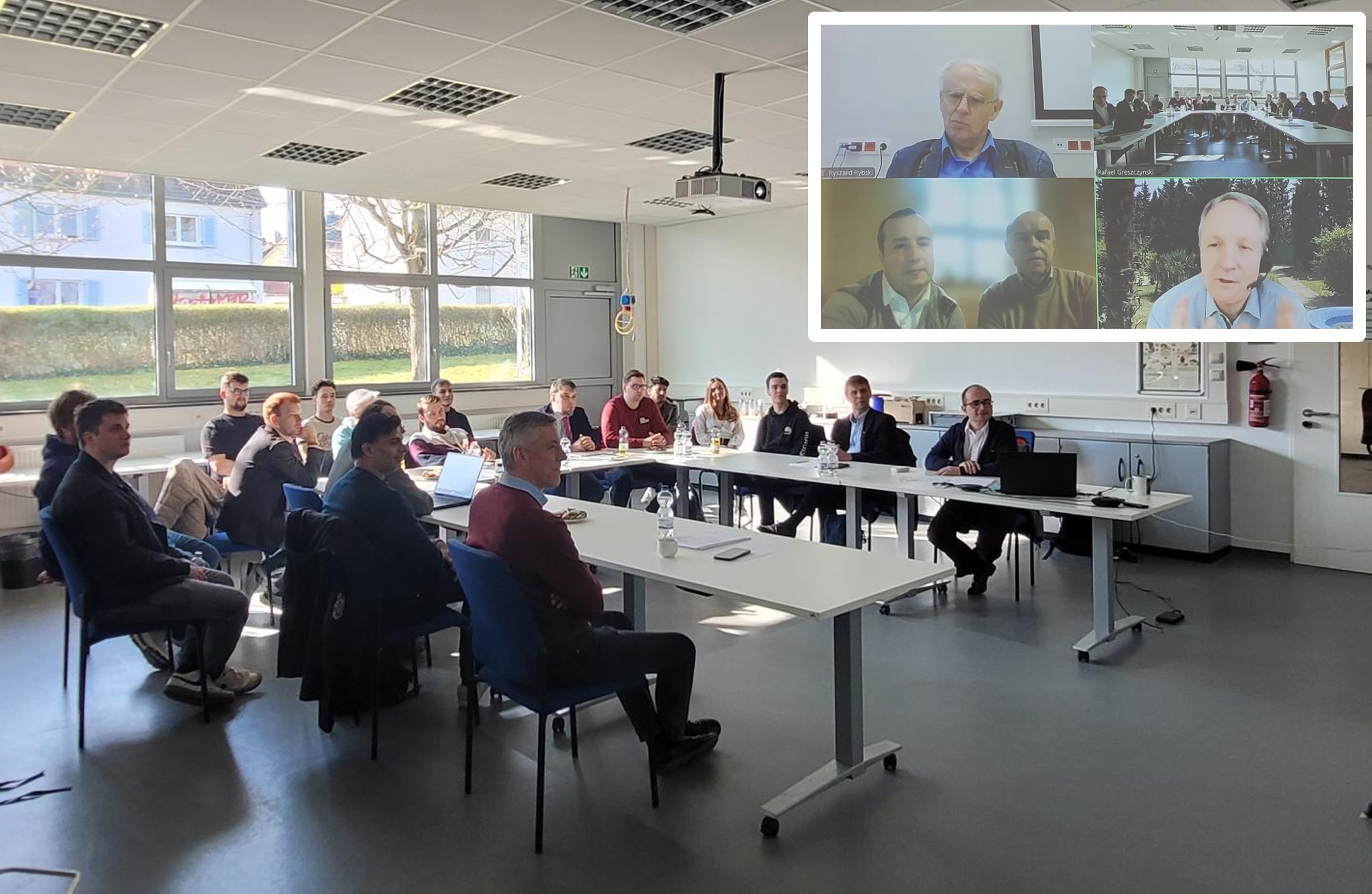
The meeting focused on topics such as student mobility, guest lectures, and online teaching, with particular attention given to strategies for further developing CUCEE activities. In the coming years, the network aims to grow into a platform that goes beyond the existing faculties of the participating universities and provides new colleagues with opportunities to establish international cooperation – both within and beyond the network.
Two Blended Intensive Programmes (BIPs) that have already been successfully initiated were also presented. One of these programmes has been running for several years with the participation of THM in Gießen, together with partner institutions in Portugal and Spain; more recently, the University of Zielona Góra has joined this consortium (further details can be found in a separate report on this homepage). Another BIP is currently in development, with THM (Friedberg Campus), the University of Zielona Góra, and a partner university in Finland involved at the initial stage.
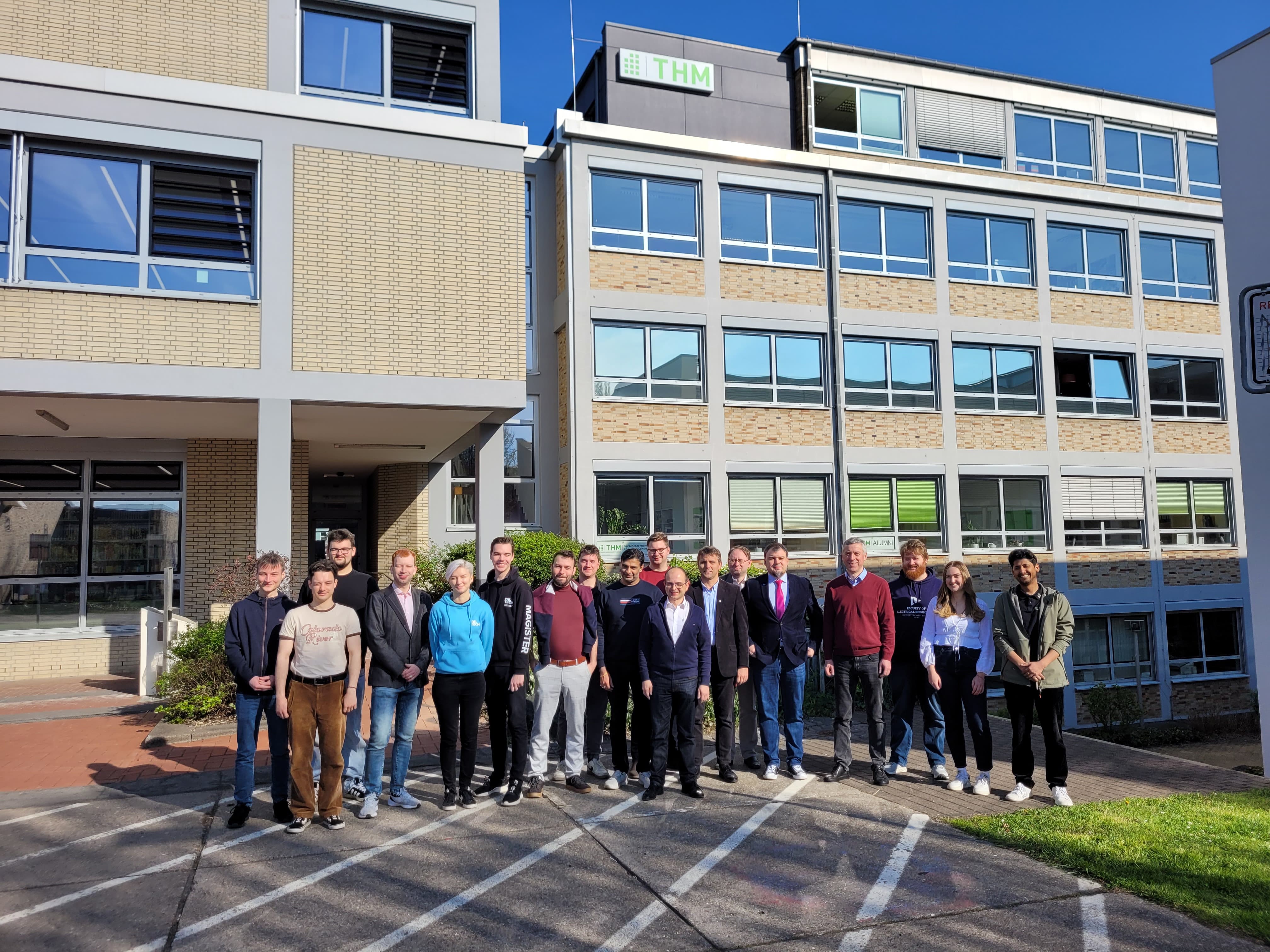
A particular highlight of the meeting was the participation not only of the coordinators, but also of double degree students from Zielona Góra and Gliwice currently enrolled at THM, several doctoral candidates from Tallinn, and staff members from various partner institutions.
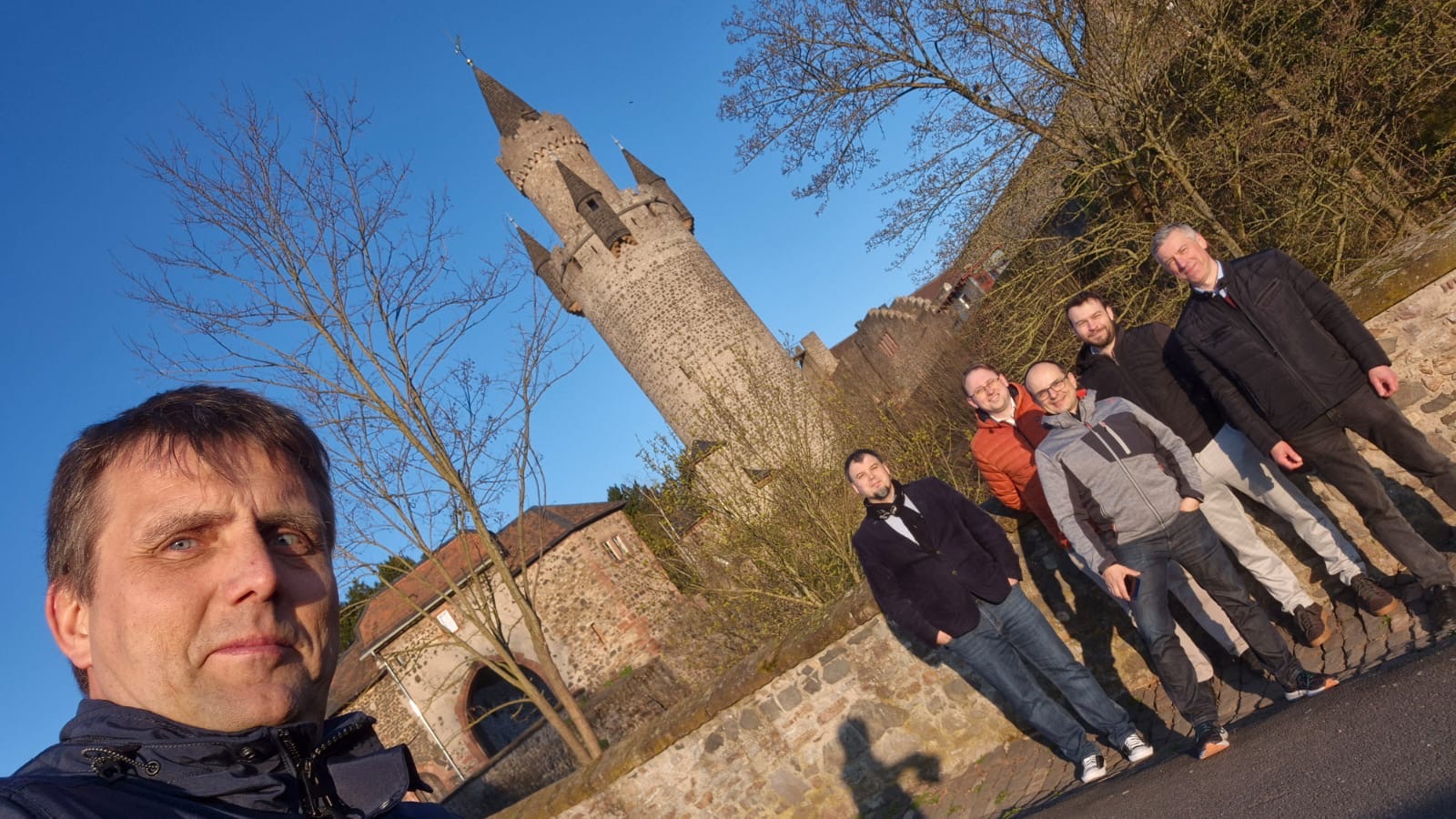
The coordinators took the opportunity to learn about the town of Friedberg and its history in addition to technical topics.
All interested parties are warmly invited to get in touch with the CUCEE network coordinators. We welcome your involvement in the network’s activities and your contribution to fostering sustainable international cooperation and intercultural exchange.
In May 2025, Dr. Krzysztof Habelok from Politechnika Śląska visited THM to deliver a series of guest lectures. The photo shows him in the Electrical Engineering Laboratory of the Faculty of Industrial Engineering at THM in Friedberg, together with Prof. Dr. Lars Heinert.
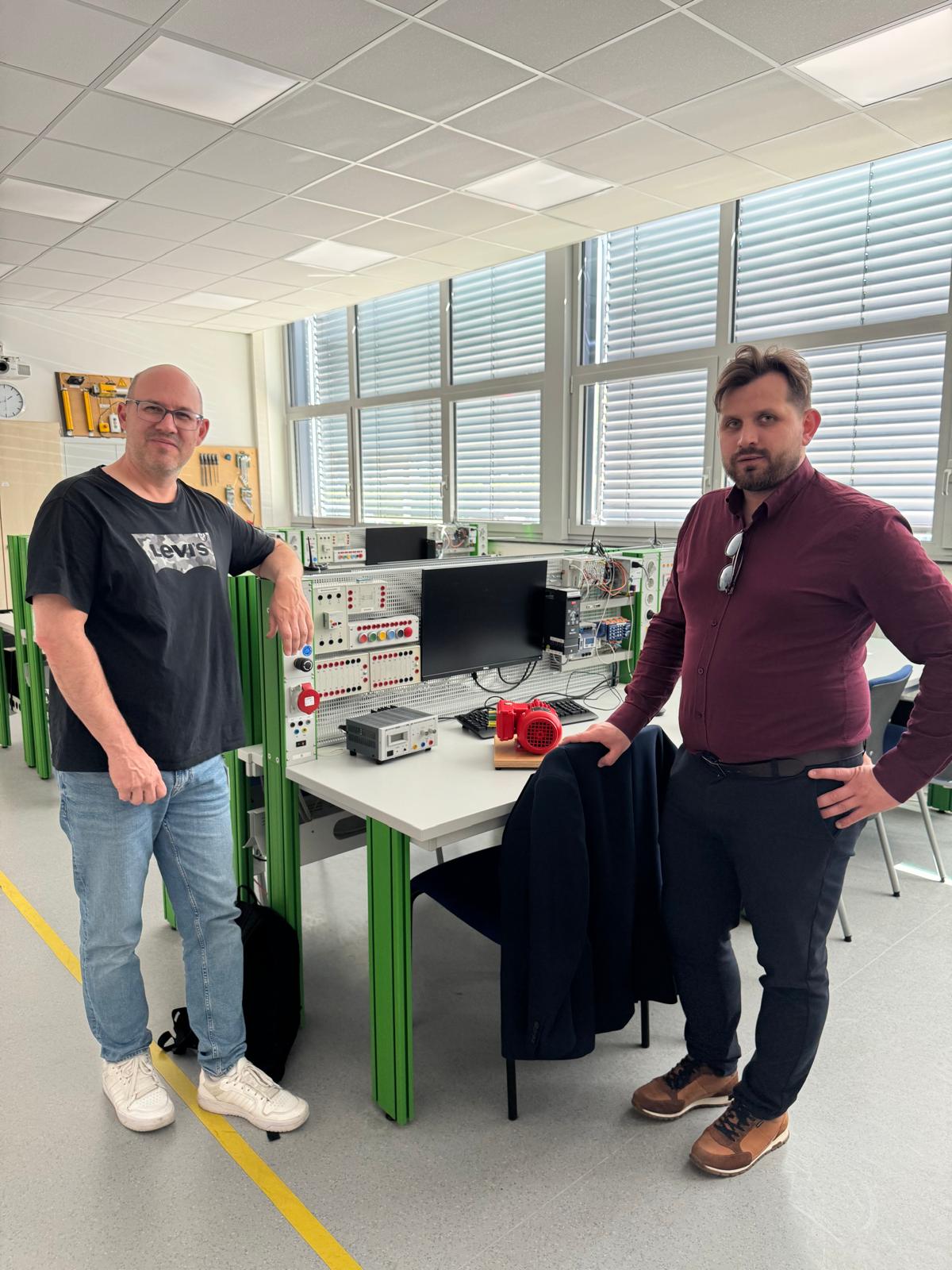
In addition to his lecture on the topic of power quality, Dr. Habelok also visited the Virtual Reality Laboratory and several other facilities at the Friedberg Campus.
The University of Zielona Góra, represented by a group of five students and an academic teacher, participated in the Erasmus+ "Blended Intensive Programme (BIP) in IoT." This initiative was organized in collaboration with the University of Jaén (UJAEN, Spain), Technische Hochschule Mittelhessen (THM, Germany), Instituto Politécnico de Bragança (IPB, Portugal), and the University of Zielona Góra (UZ). The invitation to participate was extended by THM as part of the "Cooperation of Universities in Central and Eastern Europe" (CUCEE) network.
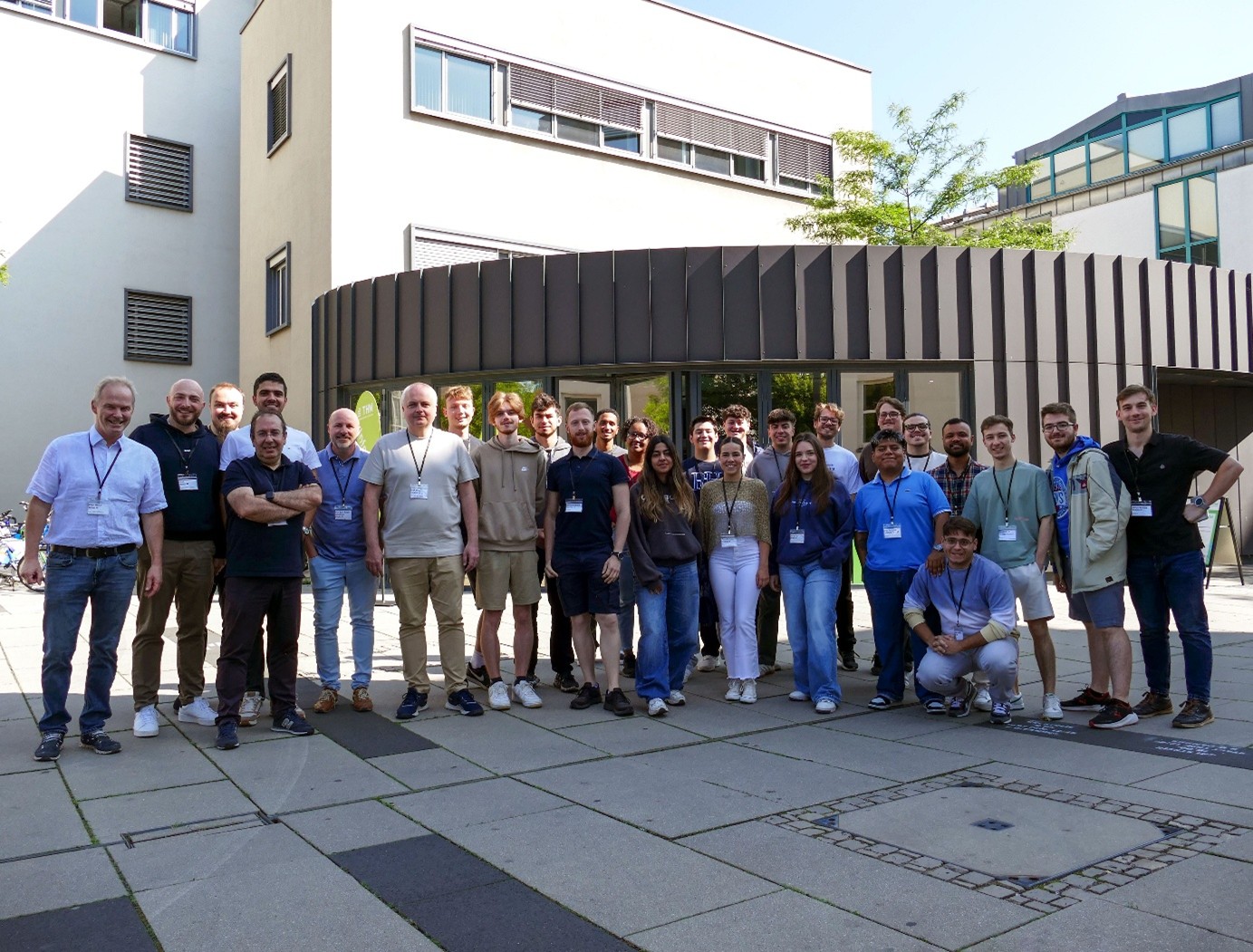
The main objective of the project implemented under the BIP was to deepen knowledge in the field of the Internet of Things (IoT). The program, totaling 6 ECTS credits, consisted of two phases:
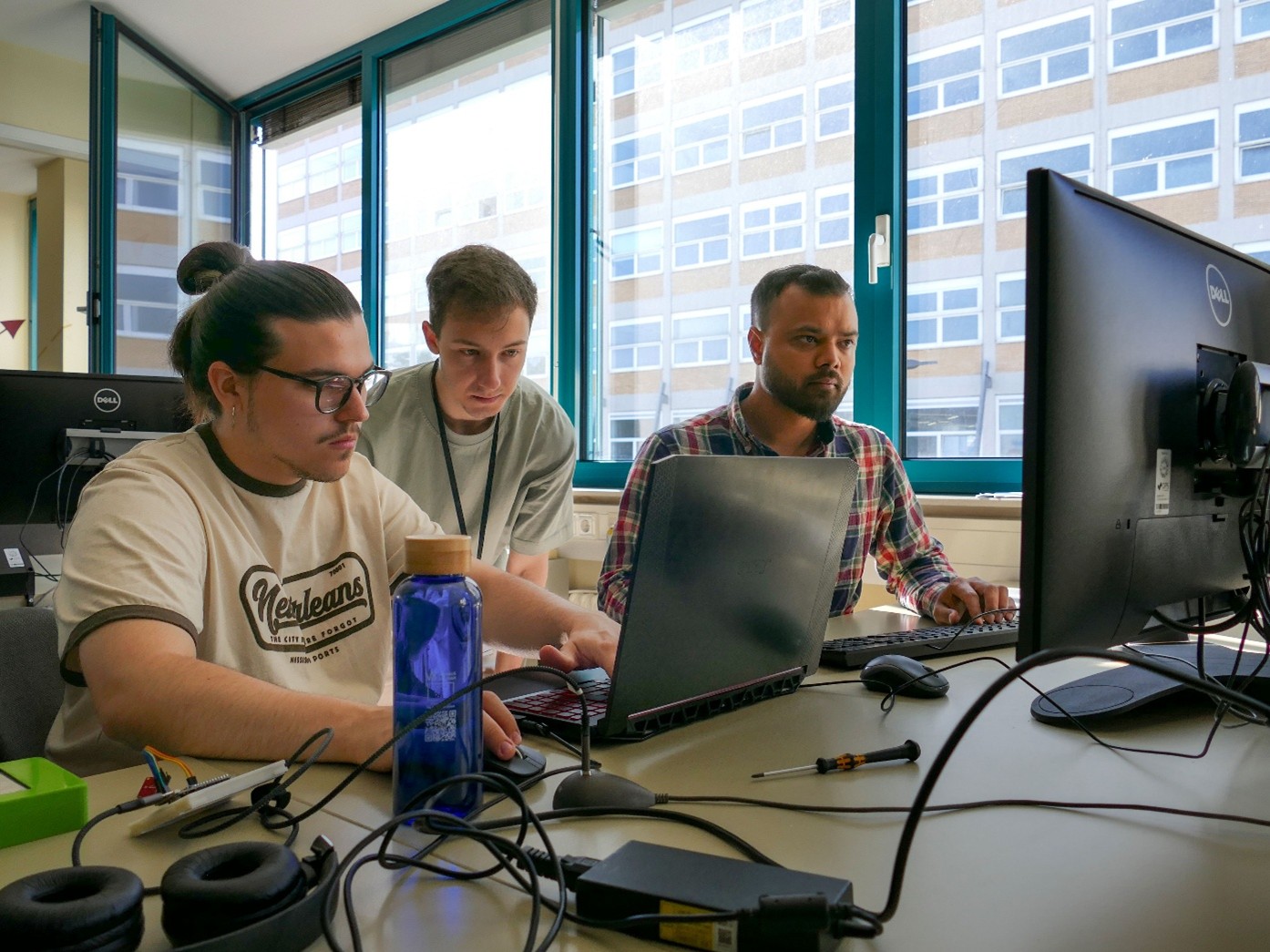
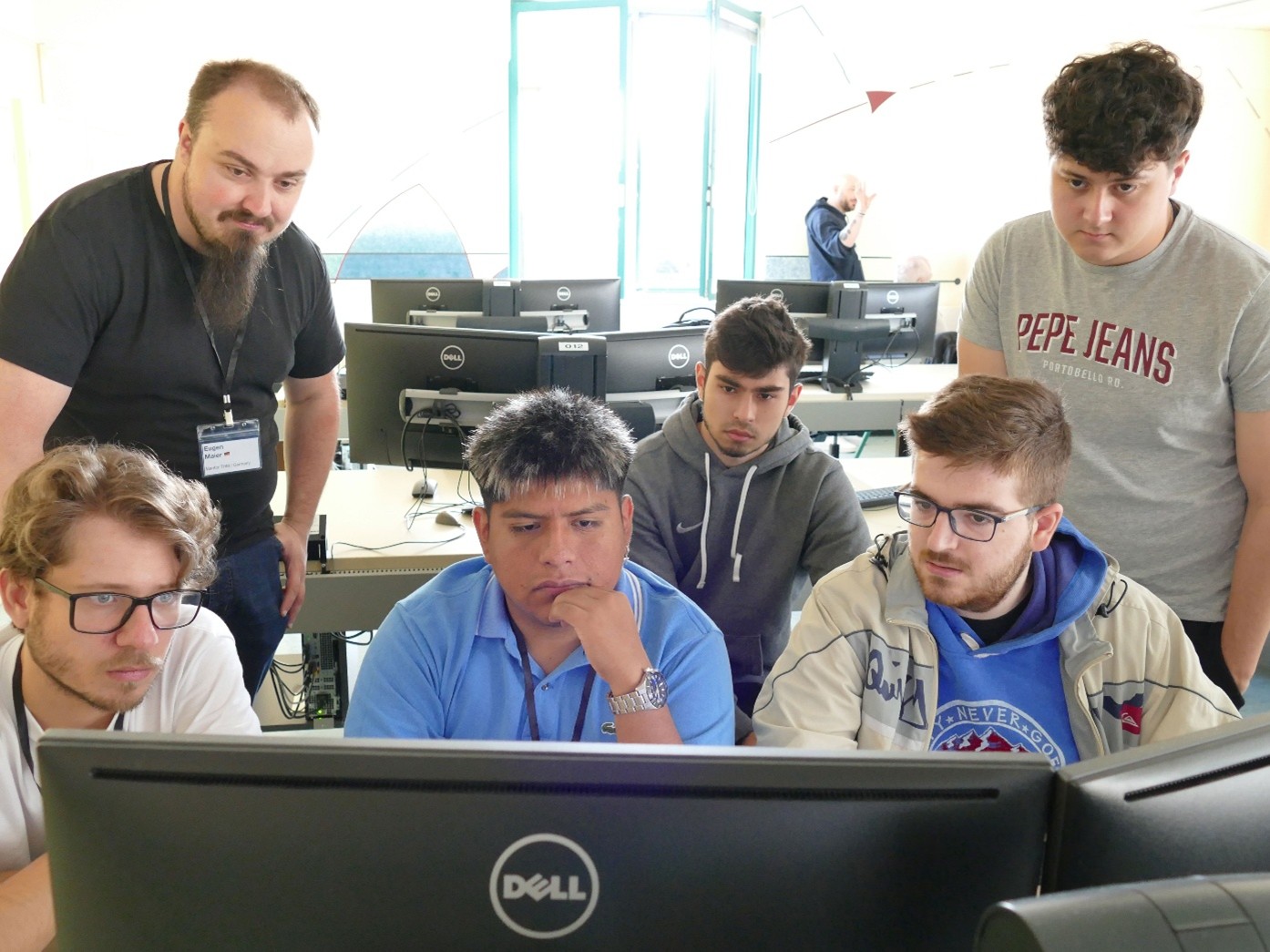
The IoT training program included online lectures and lab sessions, as well as on-site labs and project work.
The University of Zielona Góra took part in the Erasmus+ Blended Intensive Programme (BIP) titled “Sustainable & Eco-friendly Communities: A Blueprint for the Future.” The initiative was implemented in cooperation with Technische Hochschule Mittelhessen (Germany) and LAB University of Applied Sciences (Finland), combining an online component (12–14 May 2025) with a short-term physical mobility (21–26 September 2025). The invitation was extended by THM within the CUCEE network. THM coordinated the current edition, while the University of Zielona Góra will lead the next one (2025/2026), followed by LAB University of Applied Sciences (2026/2027).
The programme focused on sustainable urban solutions and interdisciplinary teamwork. During the online phase, students attended thematic lectures and completed individual preparatory assignments. The on-site phase brought together international teams working on topics such as sustainable logistics, waste management and reuse, zero-emission energy, modular construction and quality living environments. Each group developed an initial concept and a final presentation.
In addition to project work, participants joined expert lectures, workshops and study visits, including meetings with local authorities and industry representatives. The programme enabled the exchange of experiences, comparison of environmental practices and development of practical competences. Participation of UZ students confirmed the international dimension of education and supported the goals of the 2030 Agenda.
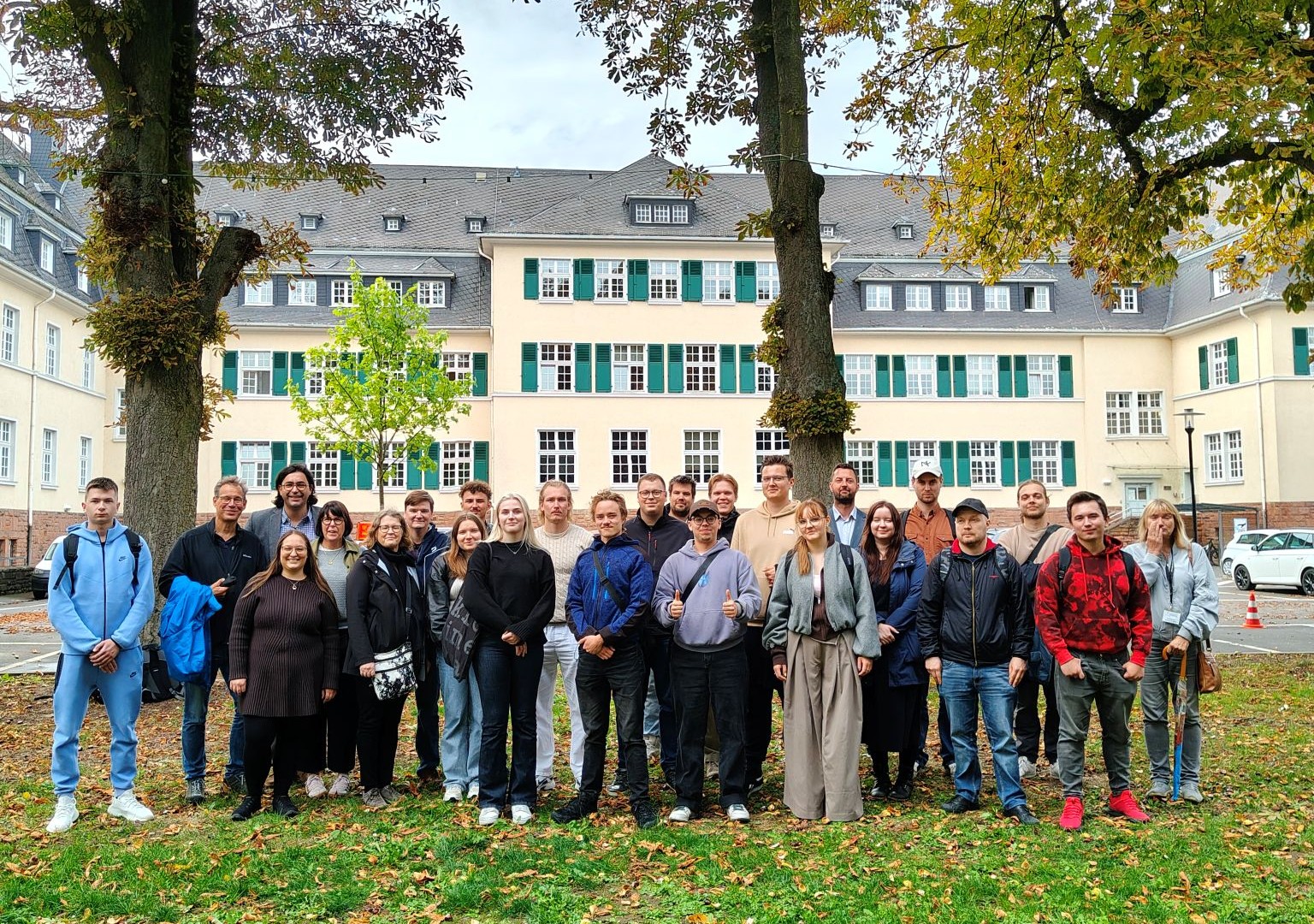
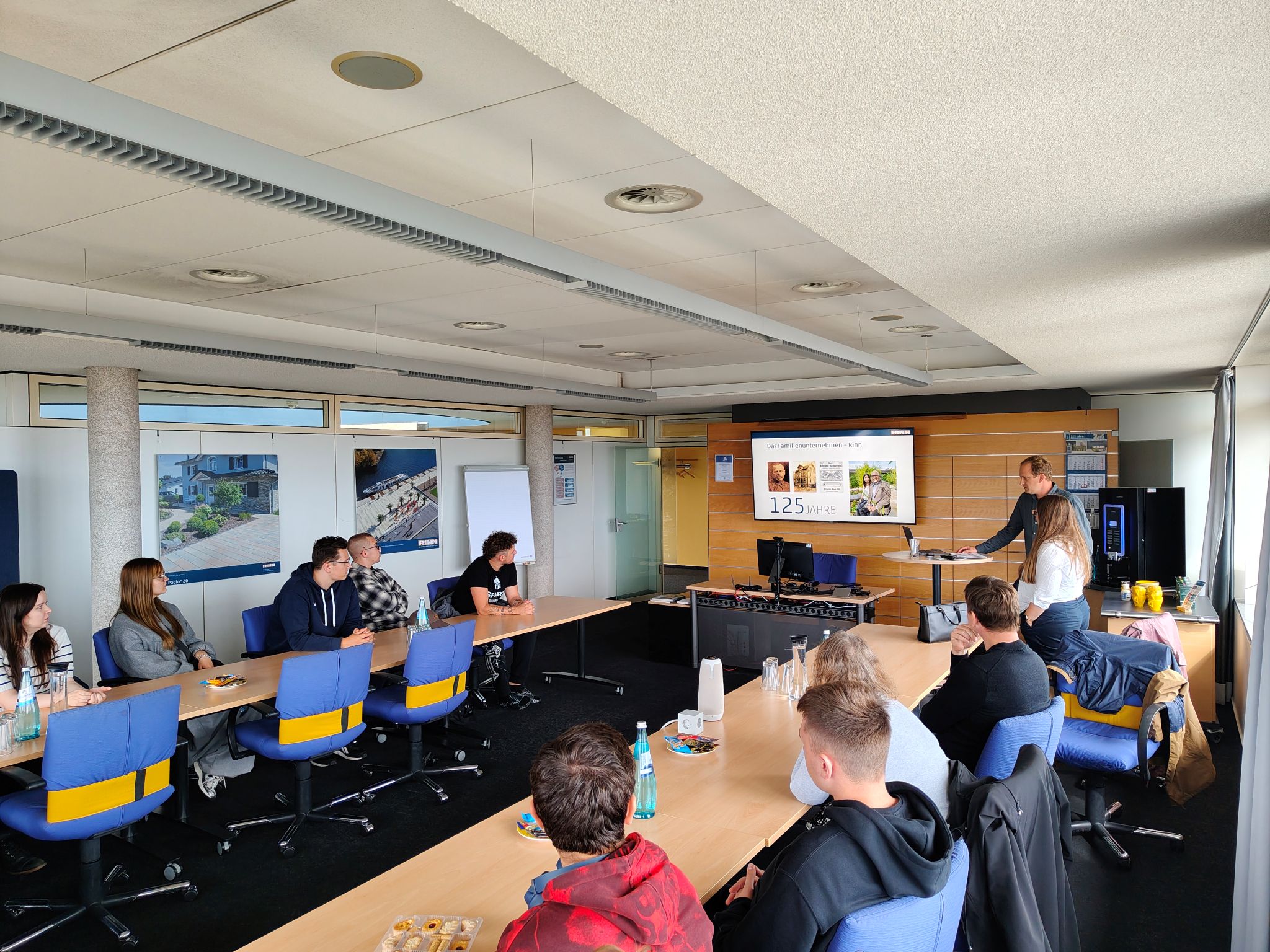
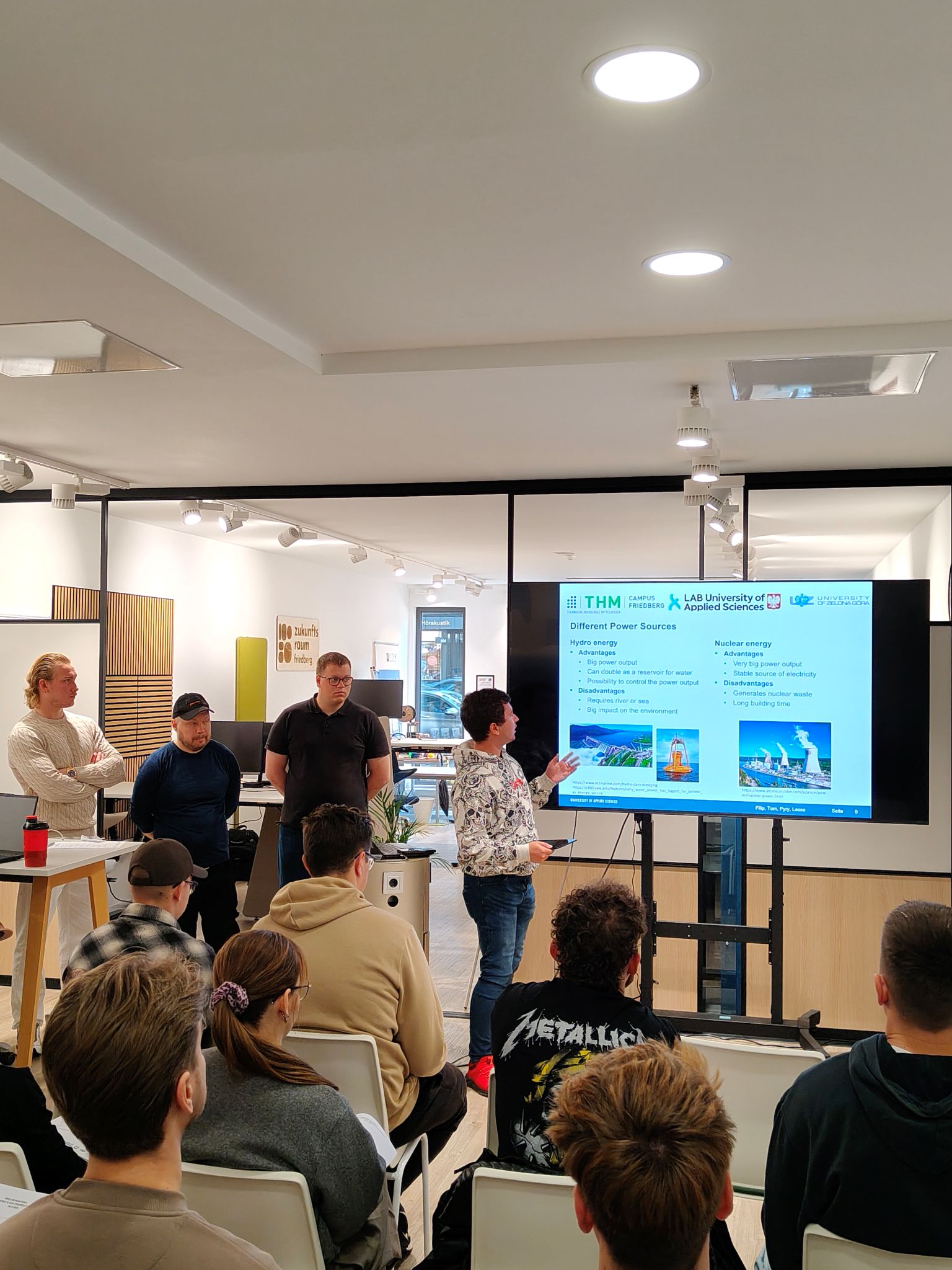
Dr. Piotr Powroźnik from the University of Zielona Góra conducted an intensive, five-day study visit to Technische Hochschule Mittelhessen (THM) between November 17 and November 21, 2025.
The visit, which covered the Giessen and Friedberg campuses, continued cooperation under the CUCEE consortium. The main goal of the undertaking was to deepen scientific and didactic cooperation between the two universities. While the primary focus was on these academic matters, the program was complemented by cultural activities in Friedberg (e.g., visiting Friedberg Castle and discovering traces of Elvis Presley's historical presence). This cultural dimension contributed to building deeper, long-lasting international relations.
The study visit was partially supported by a program of the Polish Ministry of Science under the title ‘Regional Excellence Initiative’, project no. RID/SP/0050/2024/1.





The celebrations of the 25th anniversary of the CUCEE network took place on 13–14 November 2025 in Zielona Góra (Poland) and were organised by the University of Zielona Góra. The event was attended by coordinators and people involved in various areas of cooperation, as well as music and dance groups representing CUCEE member universities. On the first day of the celebrations, delegations from the network's universities met in the university's rectorate with the authorities of University of Zielona Góra. Among many guests invited to the meeting were graduates of the Integrated Studies Abroad (ISA) programme. One of the highlights of the meeting was the ceremonial presentation of the so-called ‘double diploma’ to another graduate of the Integrated Studies Abroad programme at Technische Hochschule Mittelhessen and the University of Zielona Góra (ISA THM-UZ).
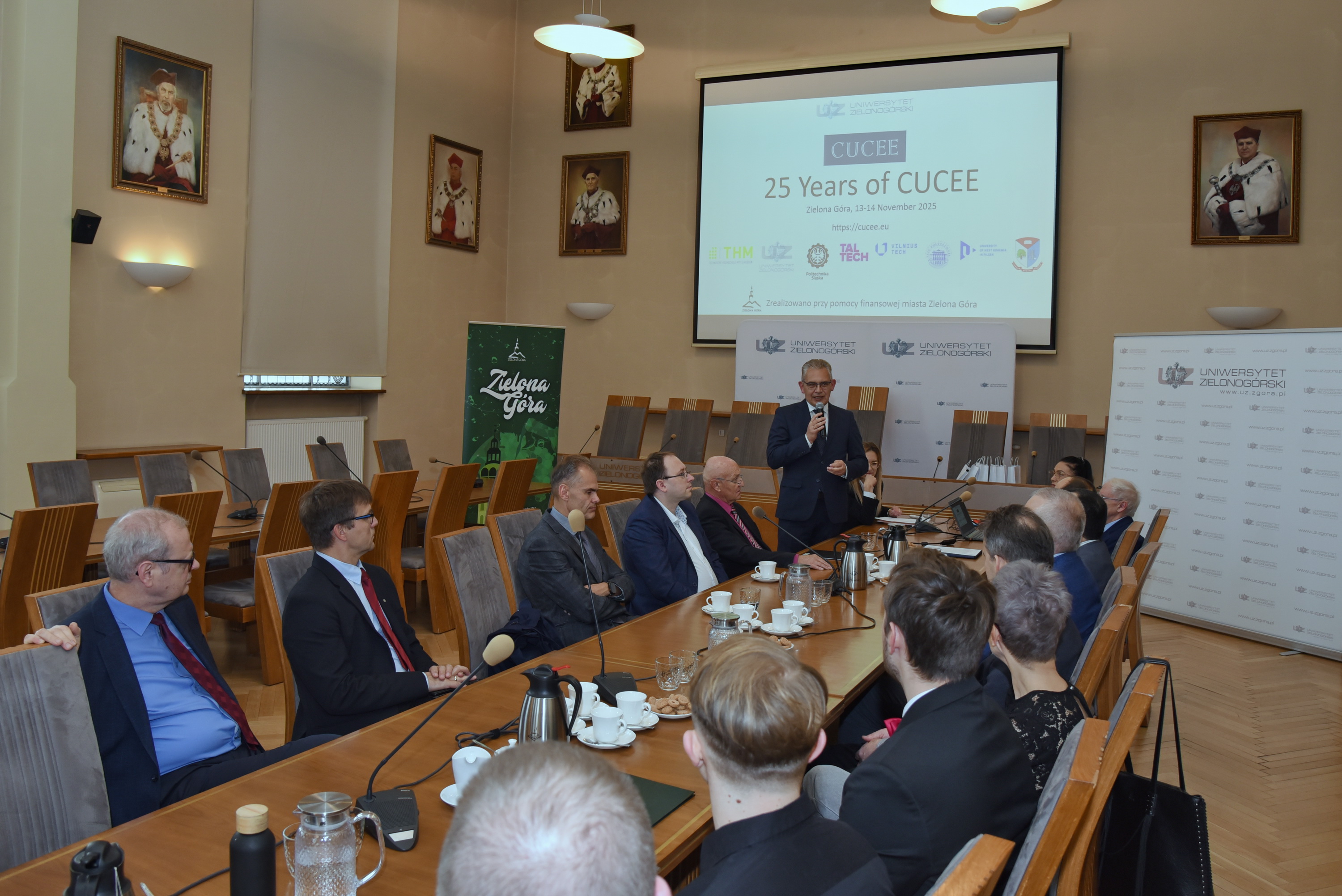

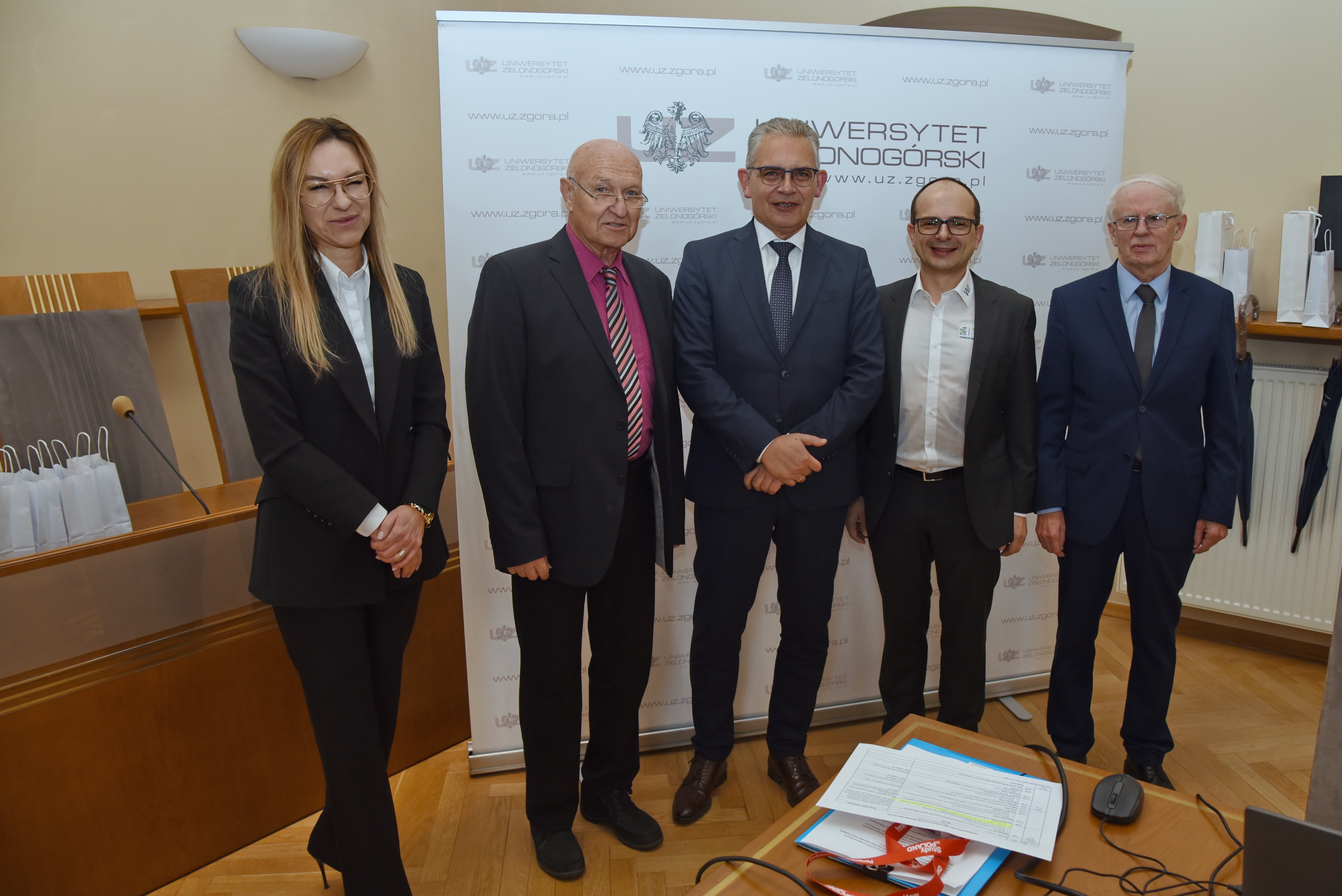

The main point of the anniversary celebrations was a gala concert organised under the honorary patronage of His Magnificence the Rector of the University of Zielona Góra. The concert took place on 14 November 2025 in the Auditorium of the University of Zielona Góra on Campus A. The concert featured bands representing universities from Germany (THM) – THM Orchestra ‘applied sounds’, Vilnius – VILNIUS TECH folk dance group "VINGIS", Pilsen – KAP{F}ELA – The Robotic Band and, representing the University of Zielona Góra, pianist Adam Łuszczak and the Gospel Choir ‘Inspirational Voices’.
